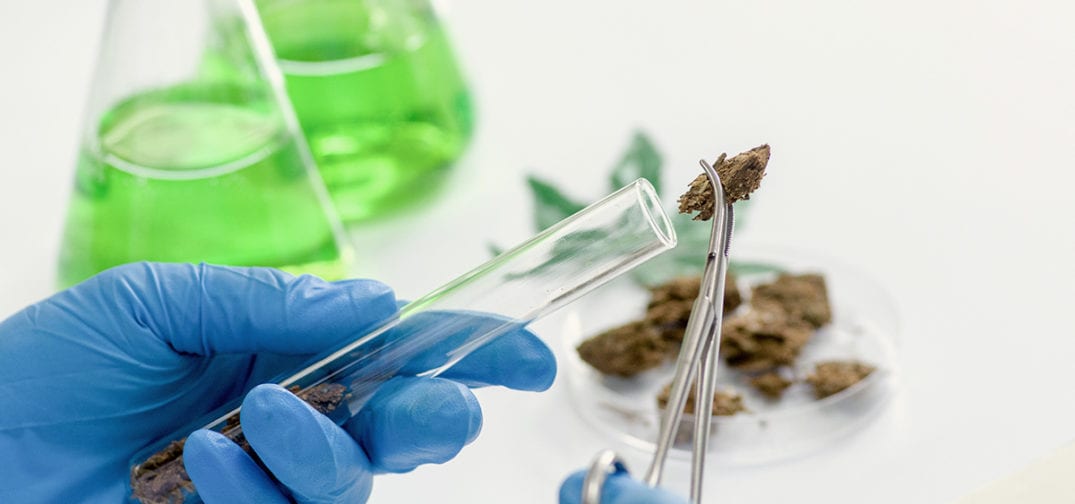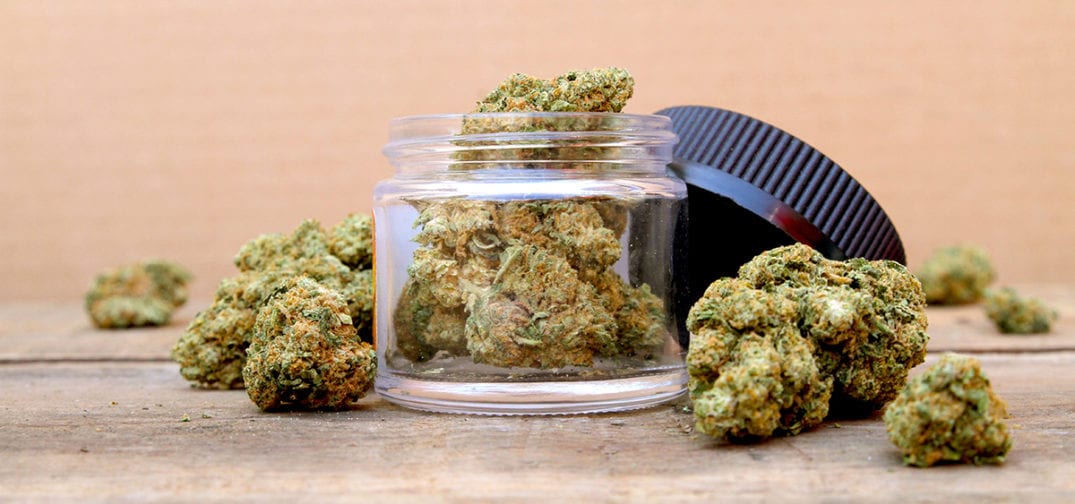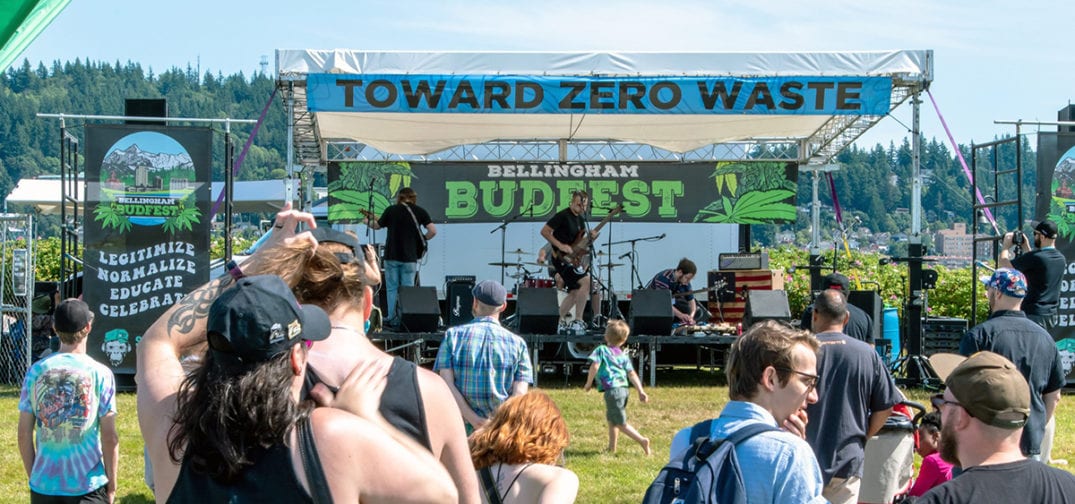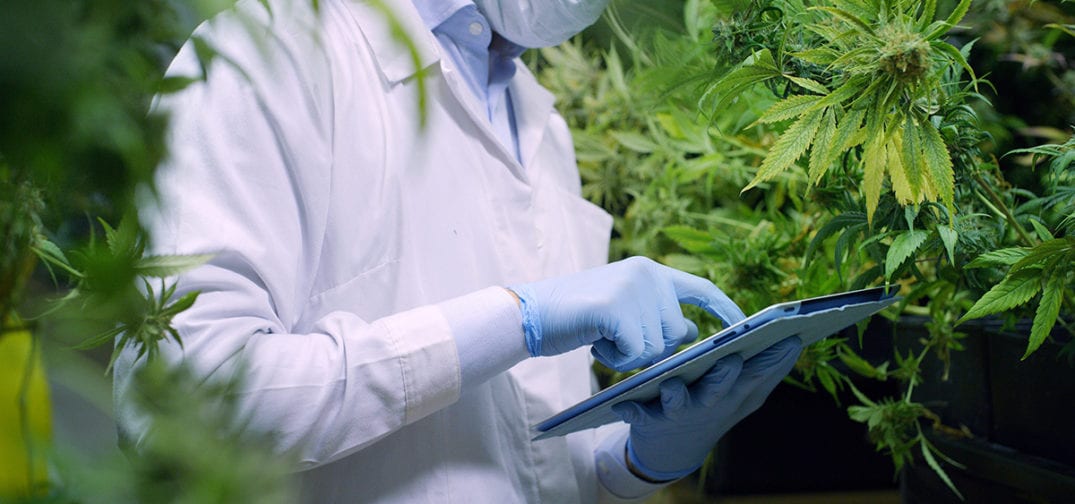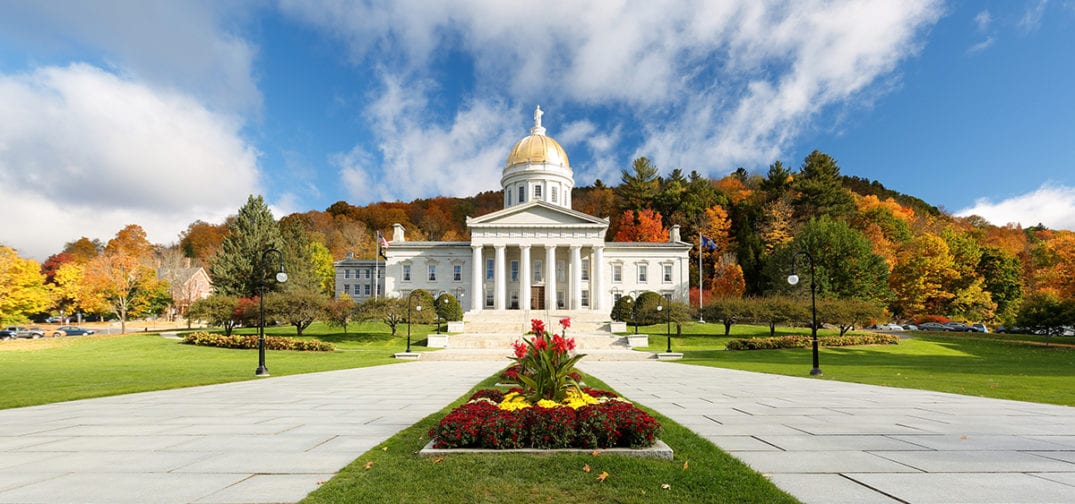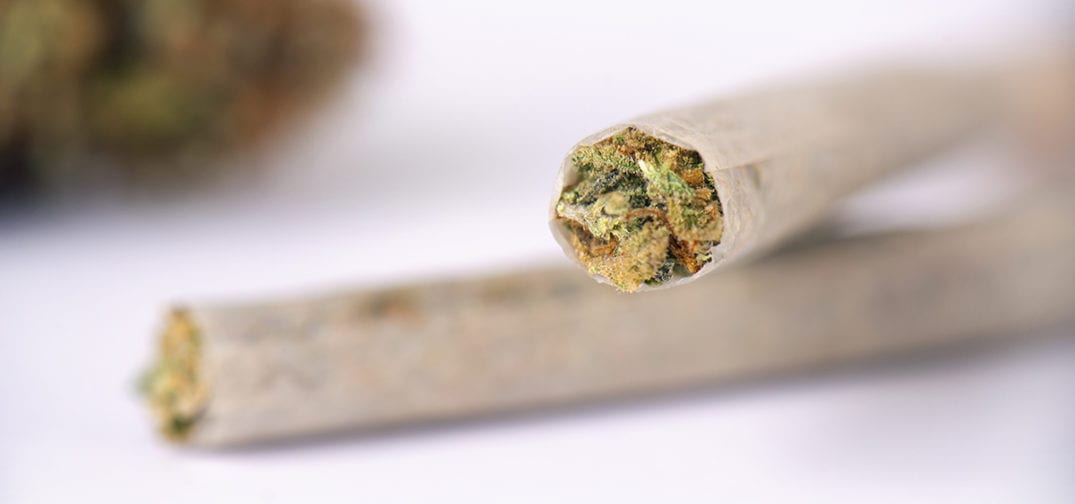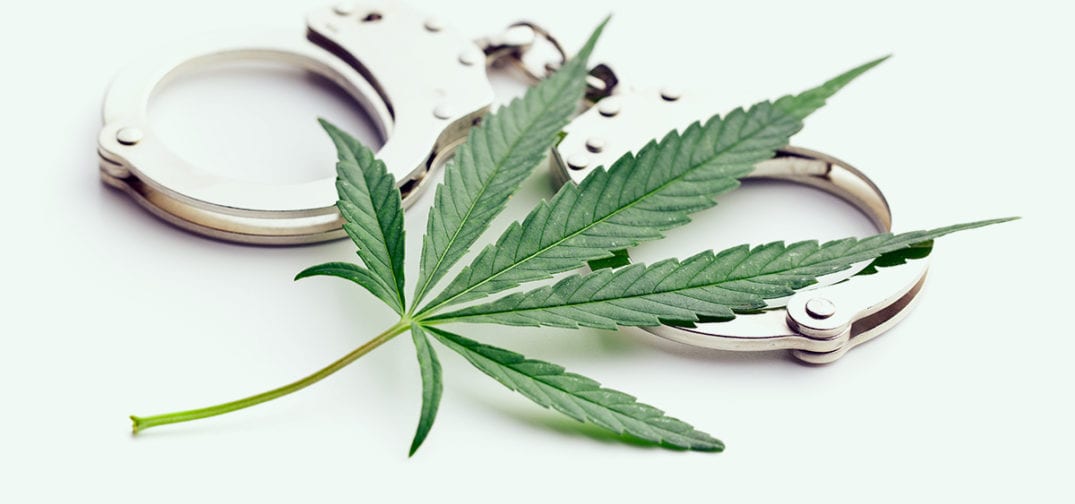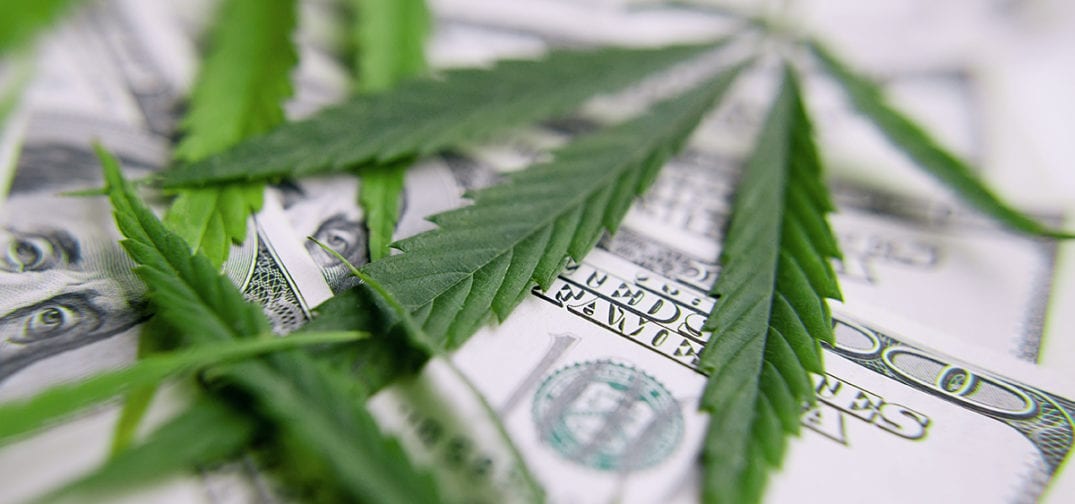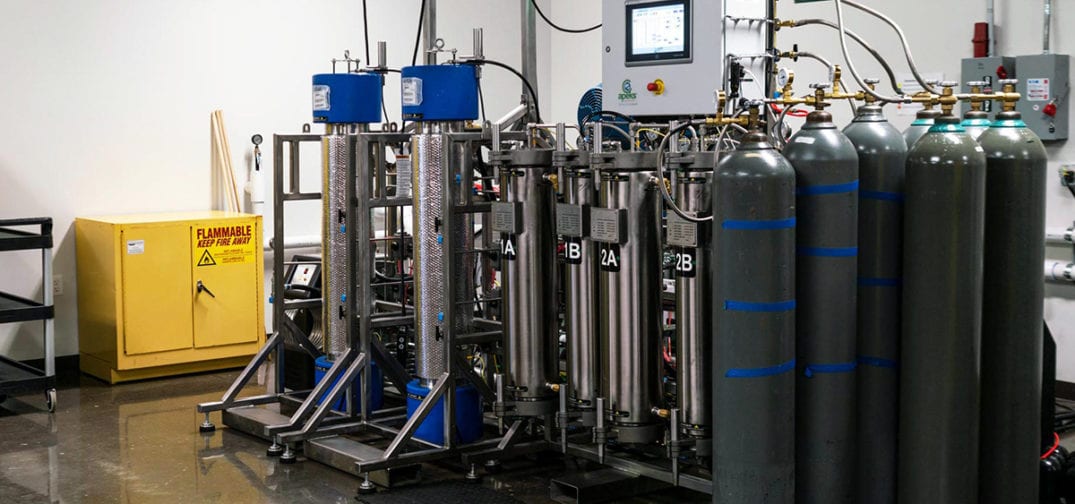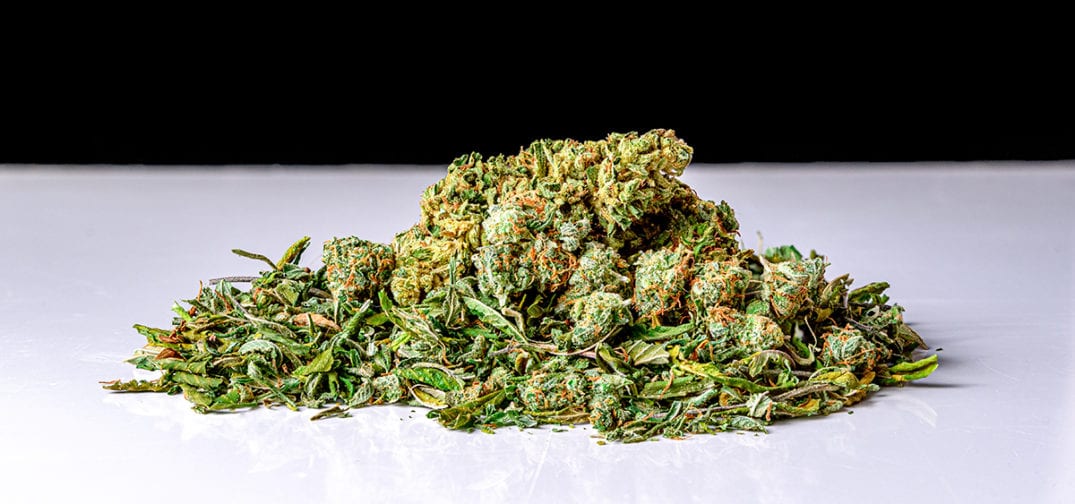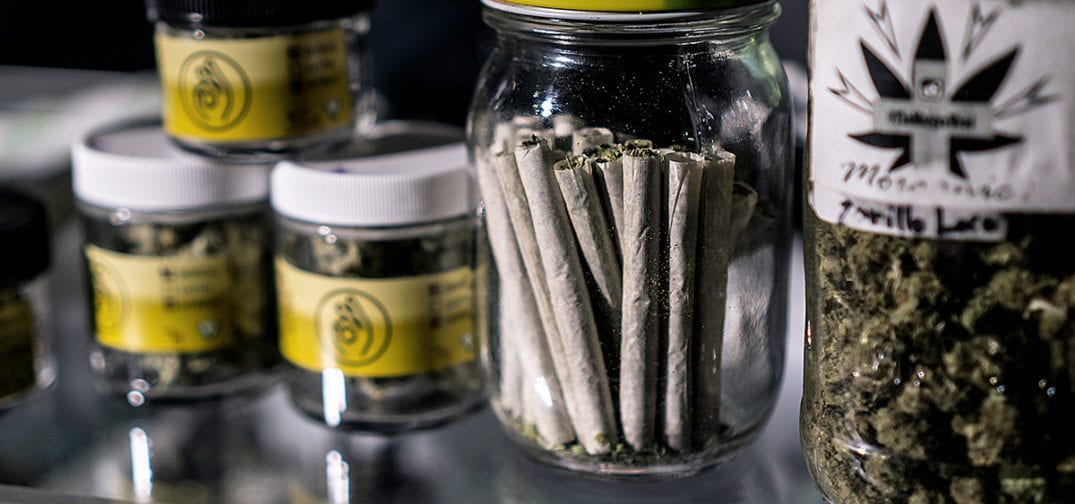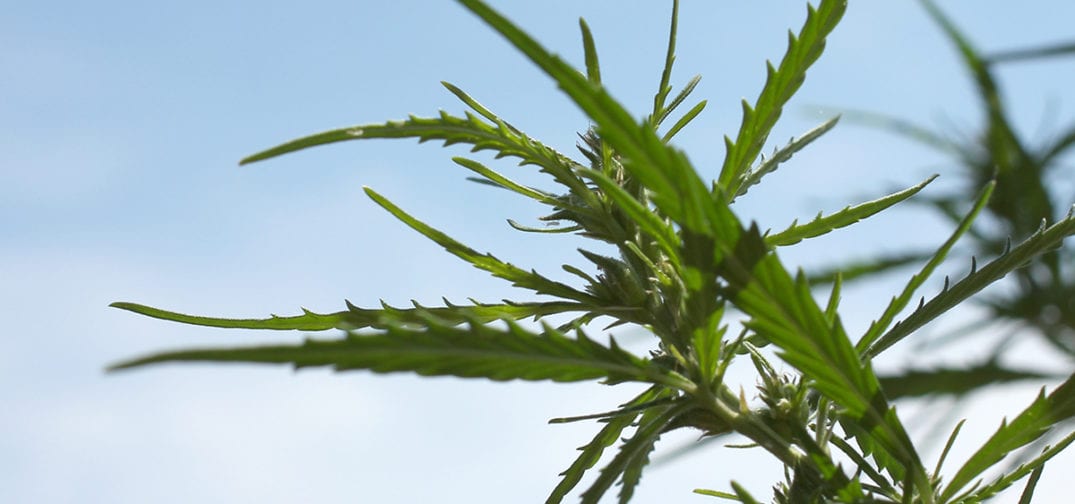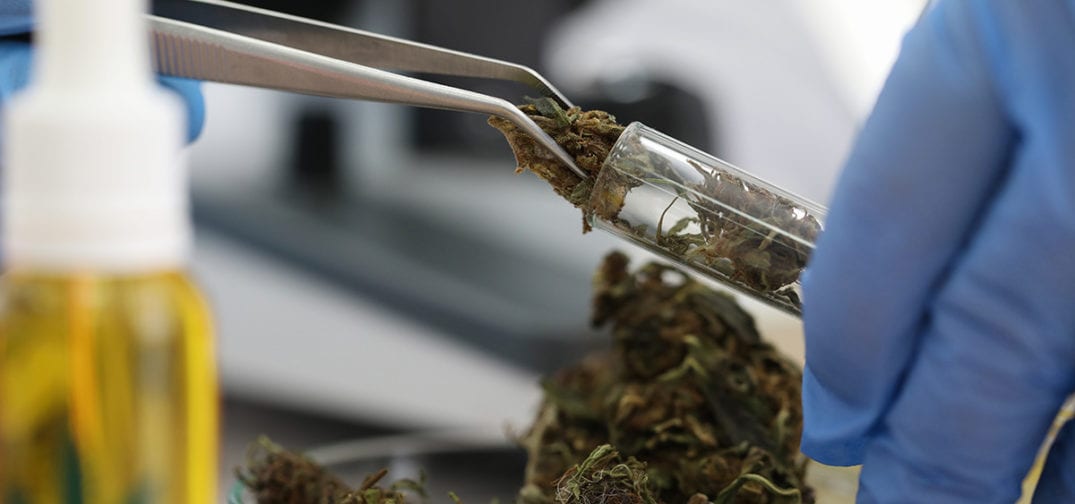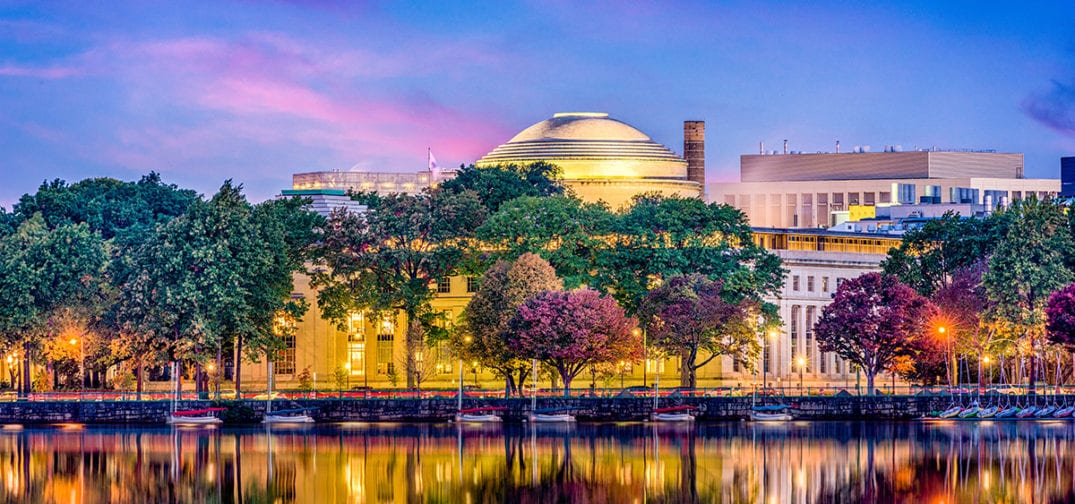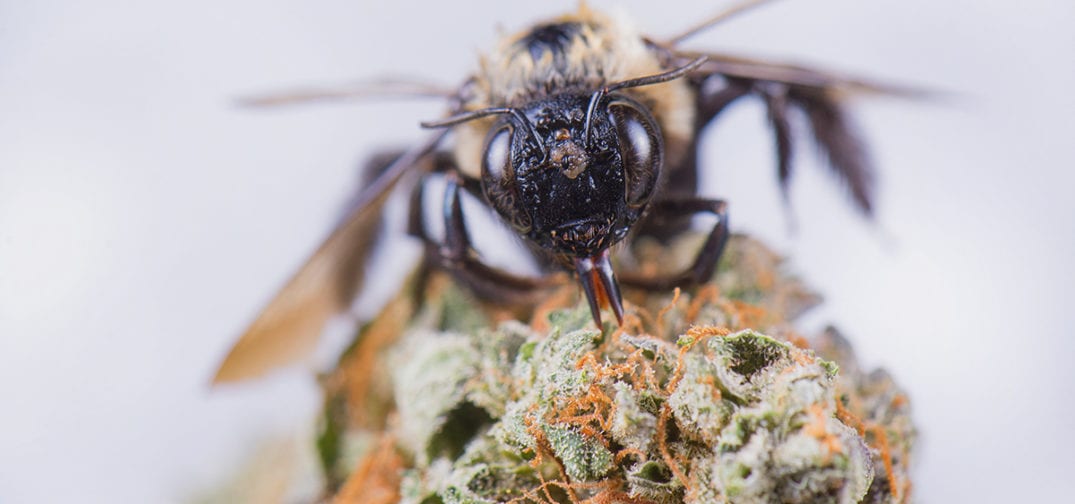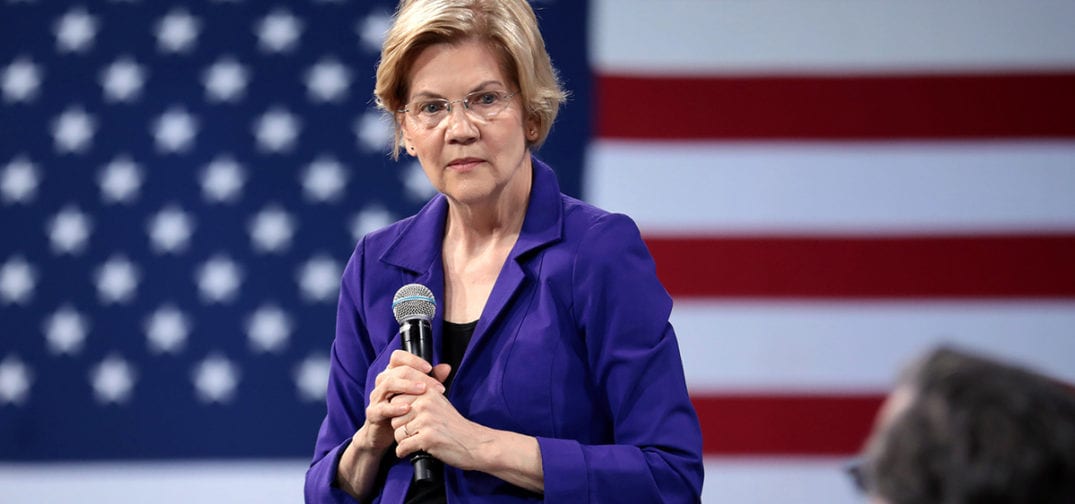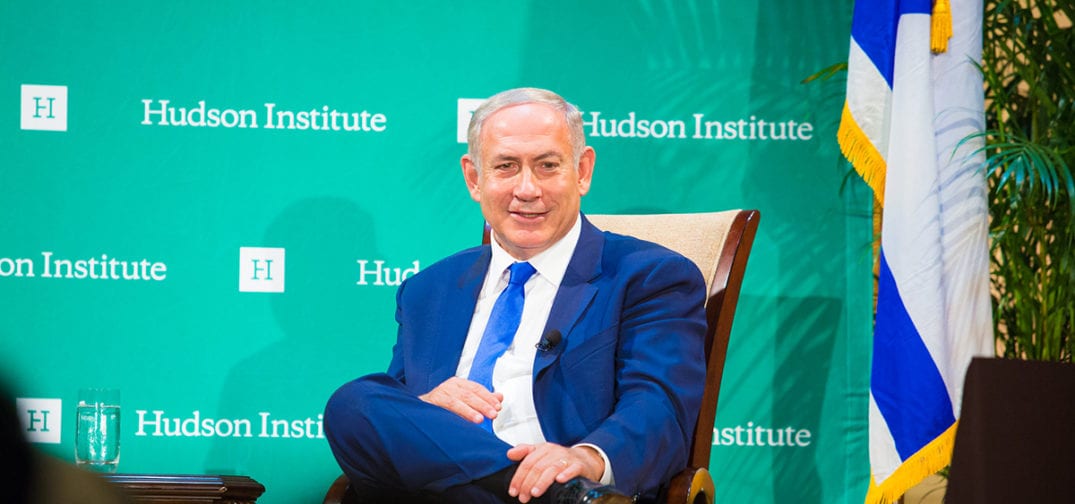Apeks Supercritical/Delta Separations create innovative, customizable solutions to global processing markets with unrivaled expertise
JOHNSTOWN, OH (FEBRUARY 18, 2020) – Two of the leading U.S. cannabis extraction system manufacturers are joining forces to create the most versatile customized botanical extraction plans and unmatched customer service on the market today.
The deal was created when Gibraltar Industries, the leading provider of products and services for commercial greenhouse growing and processing in North America, officially acquired its second extraction manufacturer in California based Delta Separations. The move brings Delta, an emerging leader in Ethanol extraction system technology, together with trailblazing CO2 extraction innovator, Apeks Supercritical, headquartered in Ohio.
Together, Apeks and Delta will work to drive the industry’s most versatile extraction innovations and create holistic and customizable solutions for botanical processors with unrivaled expertise.
“Together, we are blazing a trail of innovation, versatility and customer service this industry has never seen before. On the extraction side, combining forces with Delta gives us the ability to serve customers with an integrated sales force and team of engineering experts from coast to coast in the United States and beyond,” said Andy Joseph, Apeks Supercritical founder and General Manager.
“This opportunity with Gibraltar gives us the ability to join forces with the CO2 experts at Apeks Supercritical to create the most versatile customized botanical extraction plans and unmatched customer service on the market today,” said Ben Stephens, Delta Separations Director of Research and Development.
Apeks and Delta will work together as part of a larger dynamic, vertically integrated growing and processing solution provider which also includes Greenhouse solutions companies Rough Brothers Incorporated (RBI), Nexus, and Thermo Energy Solutions.
“Both Delta Separations and Apeks Supercritical are highly respected industry wide with strong reputations for innovation and customer service. No matter what extraction method a customer prefers, this new combined product portfolio will better address their specific needs with more technology agnostic solutions,” said Bill Vietas, President of Conservation and Renewable Energy Group for Gibraltar Industries.
Both Apeks Supercritical and Delta Separations will begin assimilating some operations, more than doubling existing staffing levels on the sales and service sides. Both companies will keep existing headquarters near Columbus, Ohio (Apeks) and San Francisco Bay area (Delta).
About Gibraltar
Gibraltar Industries is a leading manufacturer and provider of products and services for the renewable energy, conservation, residential, industrial, and infrastructure markets. With a three-pillar strategy focused on business systems, portfolio management, and organization and talent development, Gibraltar’s mission is to create compounding and sustainable value with strong leadership positions in higher growth, profitable end markets. Gibraltar serves customers primarily throughout North America and to a lesser extent Asia. Comprehensive information about Gibraltar can be found on its website at www.gibraltar1.com.
About Apeks Supercritical
Apeks Supercritical, a Gibraltar Company, has been designing and handcrafting the highest quality botanical CO2 extraction systems since 2001. Today, Apeks has built and distributed more production CO2 extraction systems than any other company in the world and continues to evolve their technology and grow their footprint. The company is a pioneer in the cannabis and hemp industries and the first to design CO2 extraction systems specifically for cannabis oil extraction. Apeks continues to lead those industries today through the advancement of cutting-edge technologies like their patented Valveless Expansion Technology, Diaphragm Compressor Technology and fully automated, self-running systems.
About Delta Separations
Delta Separations, a Gibraltar Company, was founded in 2015 in Santa Rosa, California and is an emerging leader in Ethanol extraction hardware manufacturing. Delta is dedicated to developing and improving equipment for safe extraction of high-quality oil from plant based biomass. Delta prides itself on supporting its clients with excellent customer service and industry education.
